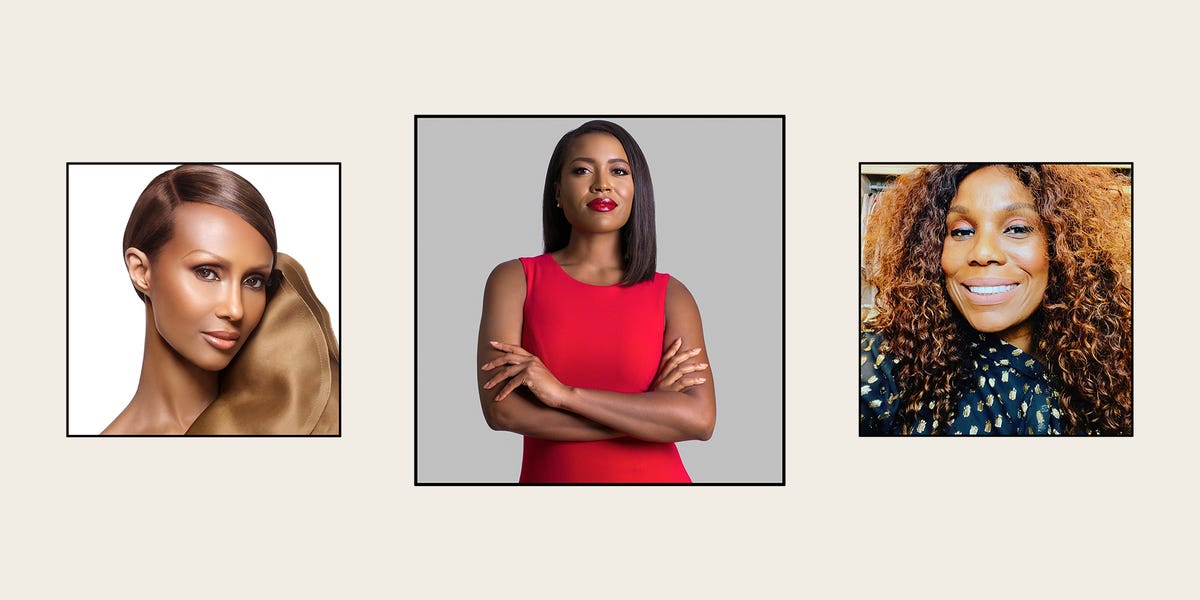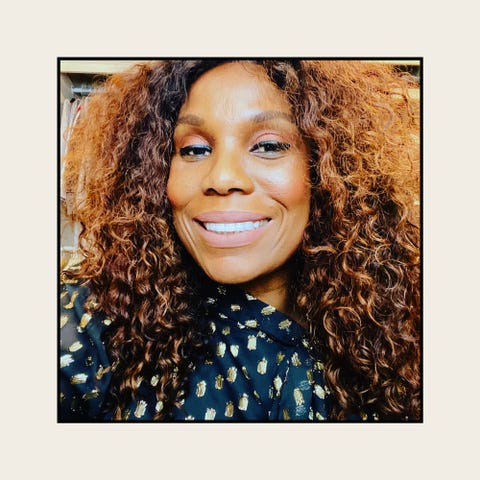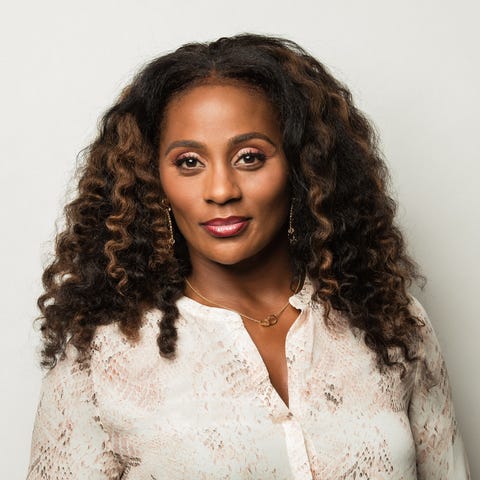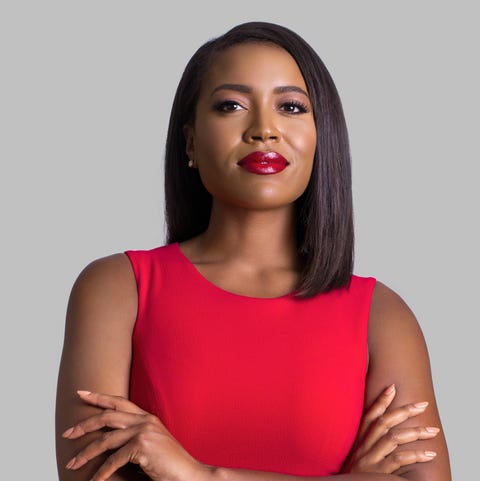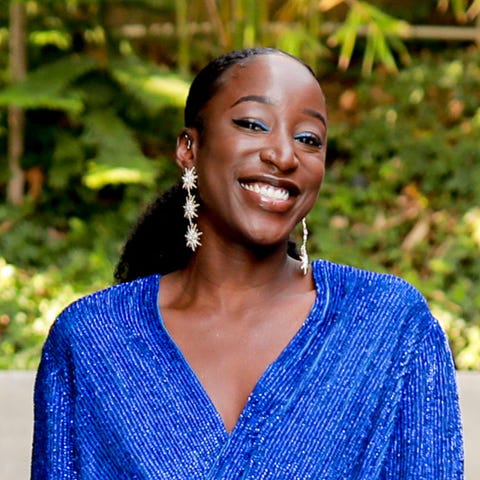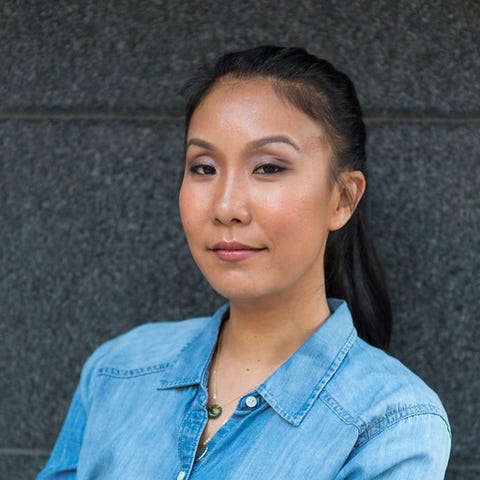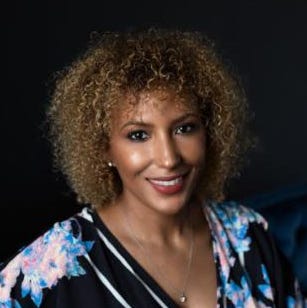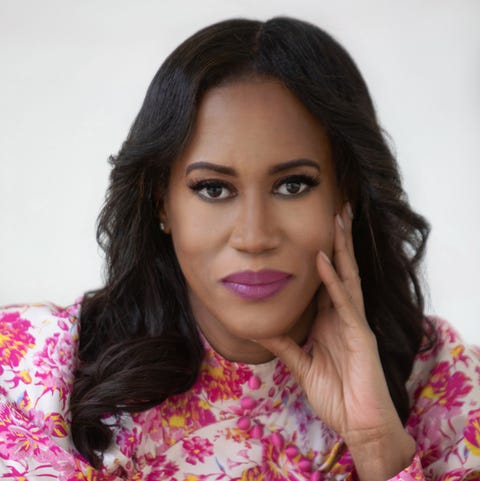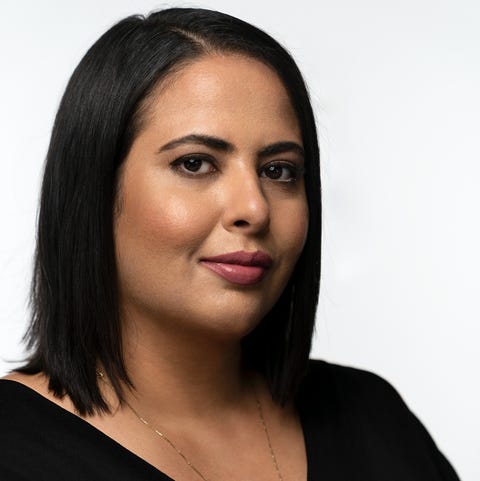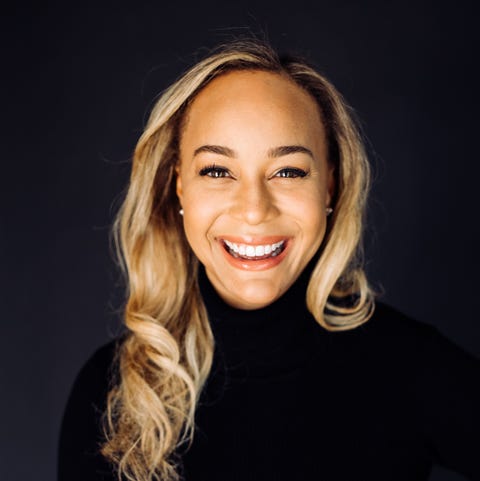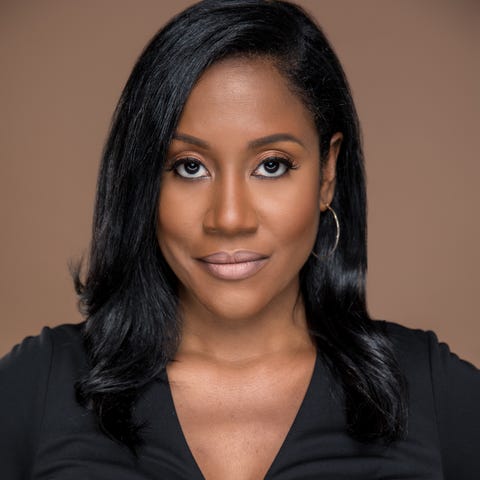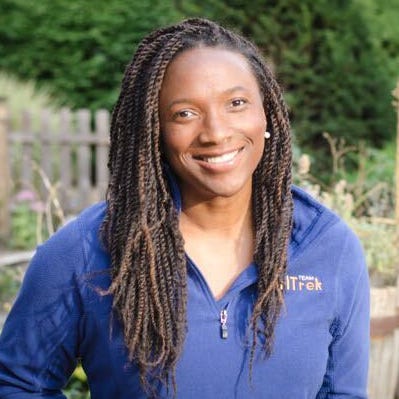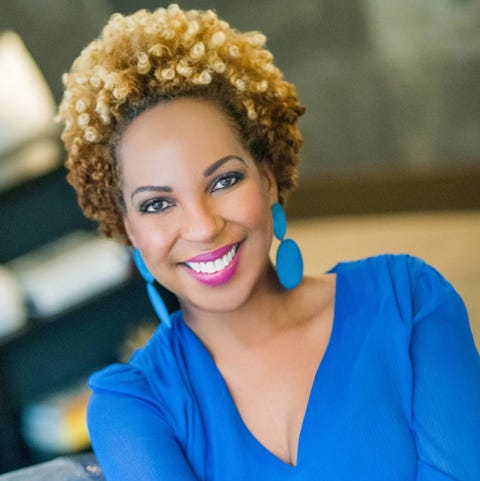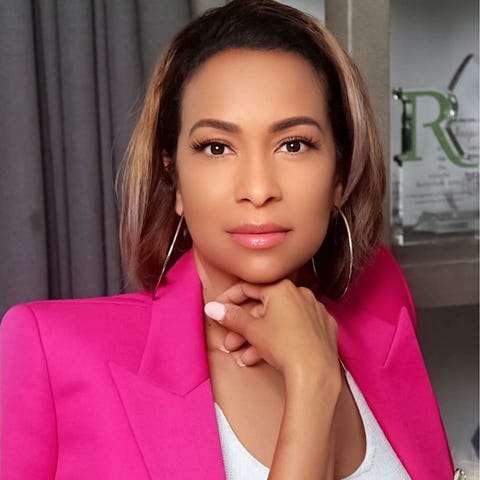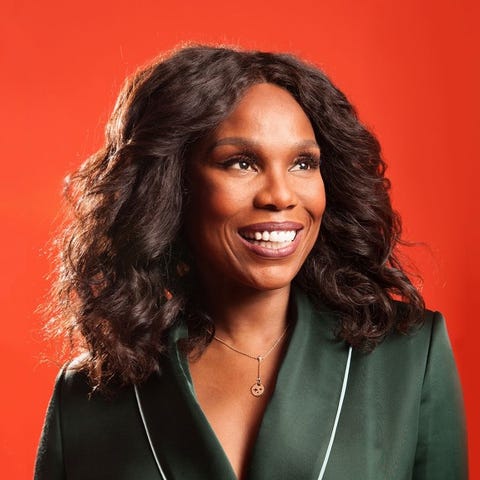Empowered women empower women—and that includes sharing lessons learned along the way, even if they’re not always about the finest moments. Often it’s in the most challenging of times that the clearest path forward actually emerges.
To celebrate that spirit of continuing to forge ahead, Combs Enterprises and CÎROC tapped Culture Creators—a women-led organization started to honor and amplify cultural vanguards who have helped shape the world’s view of Black culture—to shine a spotlight on 50 extraordinary luminaries across the social impact, technology, business, entertainment, and arts and style industries. The annual Empowered Women campaign (first launched by Combs Enterprises and CÎROC in 2016) kicks off Women’s History Month by celebrating 17 game-changing visionaries and will continue to honor a new collection of incredible female honorees each month through May.
Here, three of the honorees get real about how some of the lowest points in their journey helped propel them on the path to success.
This content is imported from YouTube. You may be able to find the same content in another format, or you may be able to find more information, at their web site.
This content is imported from YouTube. You may be able to find the same content in another format, or you may be able to find more information, at their web site.
Iman rejected the idea of failure.
Nowadays, Somali-American entrepreneur Iman is best known for her nearly 20-year career as an internationally renowned fashion model. Behind the scenes, however, things weren’t always as glamorous as they seemed. When she arrived stateside as a refugee in 1975 Black models were not earning as much money as white models.
That realization made her see nothing but hurdles on the road ahead. “We have a tendency to overthink as women, and not really come into our power, into our light, into our worth,” she said. But it was clear to her what was missing in the marketplace: “A beauty company for us—for women of color.” Still, it seemed daunting.
So she turned to friend and beauty mogul Robin Burns-McNeill for advice. “She mentored me from the beginning about the creation of cosmetics, but also how to walk into a room of businessmen and own my own power and what I was bringing to the table,” Iman remembers. In 1994, she founded her own company, IMAN Cosmetics, the first skincare and cosmetics line for women of color.
Now the CEO, author, and philanthropist understands how it was really just her own thoughts that were holding her back. “Get out of your own way,” she says of advice she’d give to her younger self. “Most importantly, really trust your gut.” And she’s taken that bold thinking one step further: “Everything that I have failed in…I learned a lesson [from] to better myself for the next time around,” she says. “I don’t believe in failure.”
Alencia Johnson learned to turn criticism into support.
As the founder of 1063 West Broad, a social impact agency which works with organizations to create events and strategies with purpose, Alencia Johnson is always thinking about inclusivity and the collective good. Her past work at Planned Parenthood, as well as on Joe Biden and Elizabeth Warren’s presidential campaigns and Barack Obama’s reelection campaign, further illustrate her unrelenting passion for making the world a better place.
But those roles have definitely come with their share of hurdles. Johnson recalls joining the Obama campaign without much political experience, calling it a “trial by fire,” where she felt like she kept disappointing her team. “There were numerous times where I got things wrong, I forgot to do a briefing the right way or get back to someone, and I just kept fumbling,” she explains. “I felt like an underdog that whole year, and I really had to learn on the job.”
It was while she was dealing with the repercussions of those mistakes that she started to hear feedback in a different way. “It made me sit there and say, ‘Let me stop being so defensive and actually listen; and not take this as a critique on my ability to get there, but take it as support,” she says.
That shift in perspective made her realize how many people had her back—which helped her forge ahead. “Every setback is a setup for a comeback,” she now says.
Today, she’s anxious to pay that kind of advice forward to young women, in the form of a dose of confidence. “Baby girl, that white man going up for the same job as you? He does not know what he’s doing,” she says, laughing. Thinking about the times when she hesitated to go for what she wanted, she says she “allowed what the world was saying to me as a young Black woman deter me from going after certain opportunities.” But now Johnson continues to drive forward, bringing up others along with her.
Yvette Noel-Schure stayed true to herself.
“I was very happy being a journalist,” Yvette Noel-Schure says of the career she had before she became a public relations powerhouse and founder of the Schure Media Group. “When the opportunity came for me to be a publicist, I actually said no, because some of what I saw didn’t sit well with my heart.” She cites the high stress levels of PR work as well its inherent exclusivity as two reasons she hesitated to switch gears.
But instead of letting the industry eat her up, she decided to take control of it with the skills already had. “I said, ‘Bring some of you—in fact, bring all of you—to this job. Bring your kindness, your love for people,'” she recalls. “I asked questions. I’m a journalist, through and through. And I took notes. I’m never without pen and paper.”
Since that career shift, Noel-Schure has found her footing, working with the biggest names in pop music during her many years in the business. Still, as she threw her all into climbing the ladder of success, she struggled mightily with self-doubt and impostor syndrome, which resulted in working quite literally around the clock to prove herself.
“I wanted to be on top of everything so badly, and I completely crashed, you know, made a mistake on something or forgot a deadline, completely messed up,” she recalls. Having pushed herself to a breaking point, she knew she had to make a change. “You don’t have to be all things to everybody. You have to work hard, but you have to work hard at staying alive,” she says.
That hard-won ability to draw boundaries between work and the rest of her life is a skill that contributes to Noel-Schure’s sense of empowerment. “The freedom to be exactly who you are, at the kitchen table, in the house, and in the bedroom,” she says. “That’s power.”
This content is created and maintained by a third party, and imported onto this page to help users provide their email addresses. You may be able to find more information about this and similar content at piano.io
